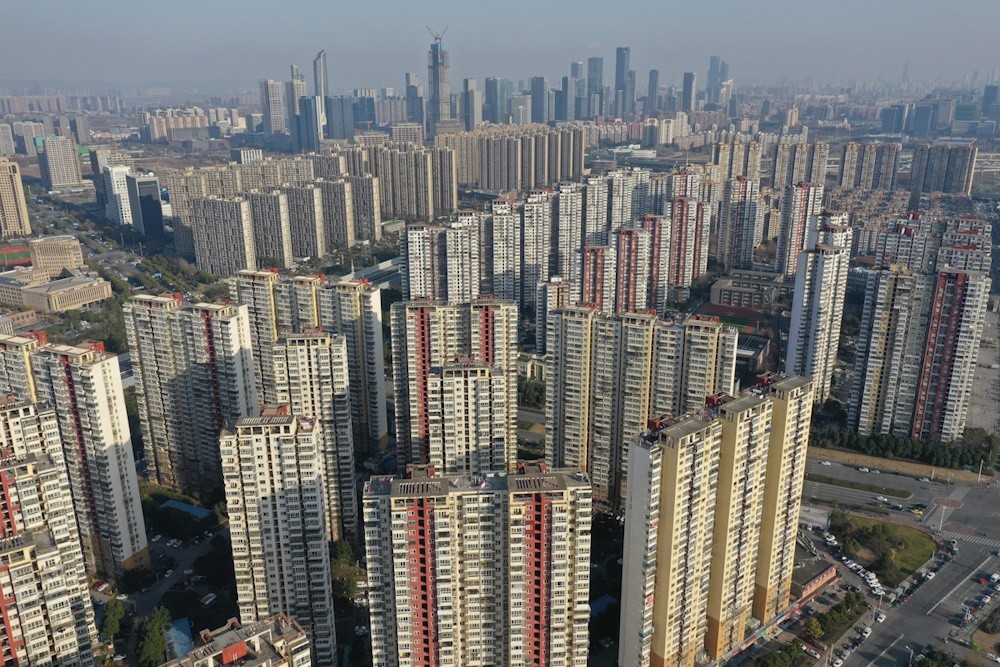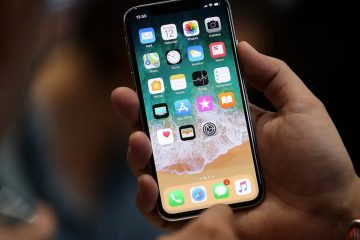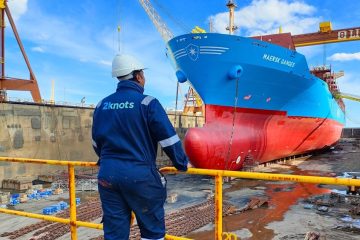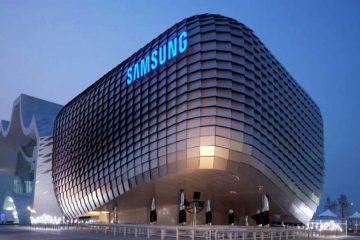The Chinese Financial Crisis Nobody’s Talking About

Economists have wondered for months whether China’s property meltdown would trigger a financial crisis. The consensus so far has been that it won’t. But perhaps the financial crisis has been here all along, right under our noses.
The answer hinges on how you define the terms “financial,” “crisis” and “financial crisis.” Conversations about financial crises in China or anywhere else conventionally focus on banks or overtly bank-like institutions as the core of the financial system. We care about their fate because these companies are particularly exposed to ill economic winds and also are peculiarly capable of collapsing on top of the rest of an economy. But there are plenty of companies you might not call a bank that operate as one—especially in China.
Loosely defined, a bank is merely a company that creates forms of credit that are widely accepted as money in the broader economy. When you take out a mortgage loan, say, the company extending that loan conjures out of thin air a liability on its balance sheet—the dollars that eventually go into the home seller’s bank account—offset by the asset of the expected future repayments it will receive. Crucially, the new liability serves as a form of tradable debt in the wider economy.
That alchemy is powerful and dangerous, and a financial crisis arises when it blows up in the alchemist’s face. The characteristic of such an explosion is an uncontrolled collapse in the bank’s, or the financial system’s, money-creation function—a liquidity crisis on Main Street. This is why central-bank lending facilities, deposit insurance and strict regulations try to prevent serious liquidity shortfalls and reassure creditors such as depositors when accidents happen.
Yet China’s real-estate woes make you wonder if banking crises can originate only at a company that describes itself and is regulated as a bank.
China’s formally recognized banks certainly appear to be safe and not to pose an imminent danger to anyone else. Real-estate lending accounts for nearly a quarter of banks’ loan books, and real-estate-related lending to local governments or construction-dependent heavy industries add to the risk. But China’s banking system operates in a closed ecosystem, protected from the discipline of the market by capital controls and heavy-handed domestic regulation.
These features afford Beijing the luxury of time. In the most likely scenario, banks will be able to recognize bad property-linked loans in dribs and drabs for years to come, while hoping to earn their way out of the hole by making more profitable loans in the meantime. This slow-rolling solvency fiasco will weigh on economic growth, but Beijing will have some ability to control how much.
But property developers in their heyday created tradable credit themselves: instruments known as trade acceptance bills or commercial acceptance drafts. These are common forms of corporate IOU in China, with or without a bank’s underwriting, that often are accepted directly by suppliers as a form of payment and can be traded onward. As of 2020, before Beijing’s crackdown on the property market began in earnest, the 50 largest developers among them were issuing around 350 billion yuan ($48 billion) of these money-like debts, according to Fitch Ratings, and this funny money accounted for around 41% of the debt of blighted China Evergrande’s onshore subsidiary.
You can guess what happened next. The collapse of confidence in these monetary instruments has rippled up and down what used to be the developers’ supply chains for more than a year, potentially implicating quasi-money IOUs issued by other firms. Beijing will wish this had been an old-fashioned banking crisis if it doesn’t already. At least regulators have long experience with ferreting out the bodies hidden in bank balance sheets.
As bad as this is, it isn’t the financial crisis to which I referred earlier. The quantity of property companies’ quasi-money, while not well-understood, probably constitutes only a relatively modest portion of total credit in the economy.
To spot the crisis, ask instead why China has such a wacky financial system in the first place. American companies don’t use exotic forms of faux money to pay suppliers. They get bank loans or issue commercial paper to bond investors to meet their liquidity needs. The issue for Chinese companies is that political controls on the allocation of credit, including money-like credit, keep these simple expedients out of private reach within the official banking system.
The property bubble was a symptom of this illness. The financial repression that suppressed interest income from household savings to subsidize lending to politically well-connected companies helped stoke outsize demand for real estate as an alternate investment. Property developers then had to create their own form of money to guarantee sufficient liquidity to build housing to meet the demand.
Banks incapable of allocating capital efficiently and meeting the economy’s need for liquidity? That sure sounds like the banking crisis we’ve all been expecting the property collapse to cause. We simply had things backward: It’s a slow-rolling decadeslong banking crisis that created the property bubble.










